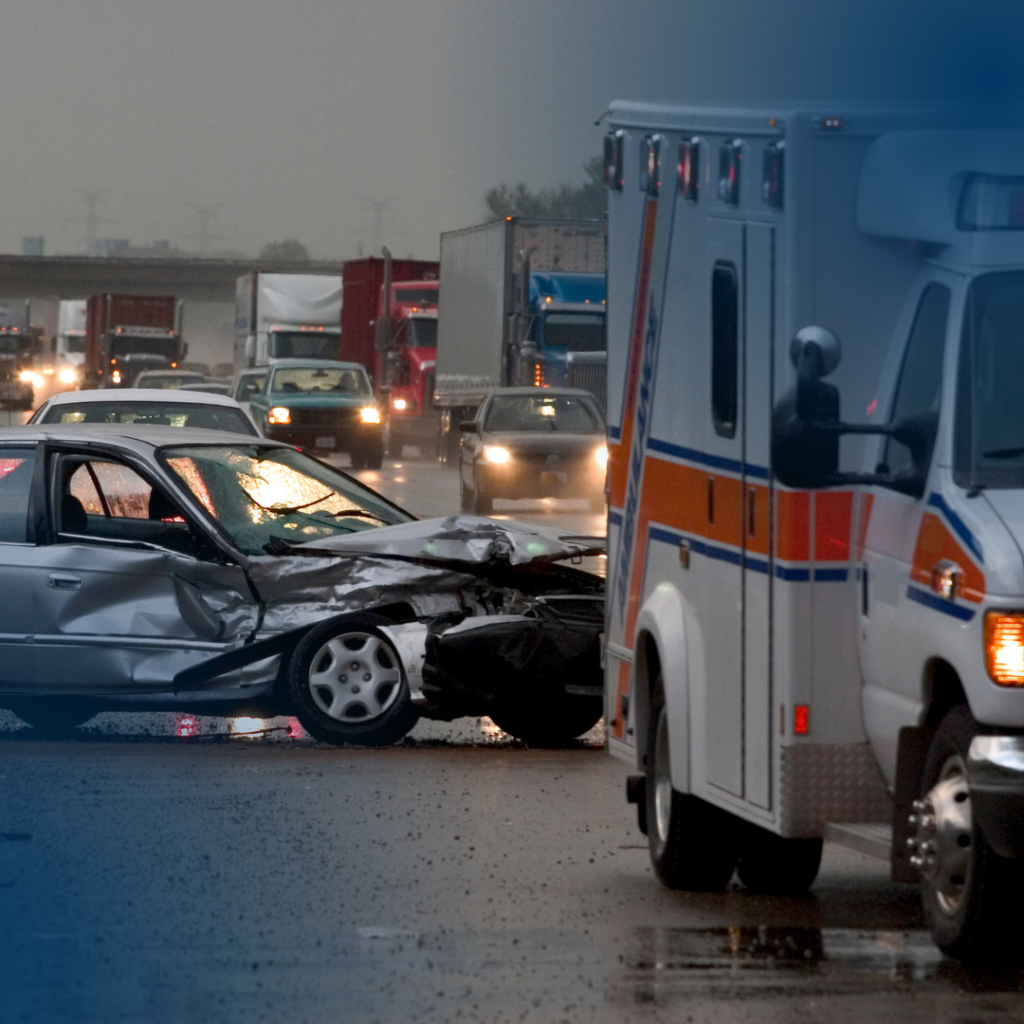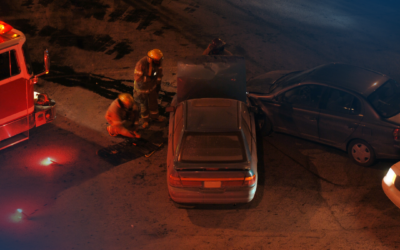Mass Transit Accidents: Legal Options and Recourse for Victims
Mass transit accidents can profoundly impact victims, necessitating a clear understanding of the legal recourse available to them. Here are crucial points to consider:
Duty of Care: Mass transit operators owe a duty of care to passengers. This duty involves maintaining safe vehicles, employing competent drivers, and ensuring overall passenger safety.
Common Causes: Accidents can result from various factors, including driver negligence, mechanical failures, inadequate maintenance, or external influences like weather conditions or road hazards.
Injuries and Damages: Individuals involved in mass transit accidents frequently endure significant injuries, encompassing fractures, head trauma, and emotional distress. Consequently, these events can result in substantial medical expenses, income loss, and ongoing requirements for rehabilitation.
Legal Options: Victims have legal avenues to pursue compensation. They can initiate personal injury claims against the transit authority, the manufacturer (where a defect contributed to the accident), or any other accountable entities involved.
Statute of Limitations: Time limits, known as statutes of limitations, exist for filing claims. Understanding these limitations is crucial, as missing the deadline can prevent victims from seeking compensation.
Government Immunity: In some cases, transit authorities might claim governmental immunity. However, this immunity isn’t absolute and varies by jurisdiction. Seeking legal advice is essential to navigate this aspect.
Proving Liability: Establishing liability requires evidence of negligence or fault. This may involve gathering witness statements, accident reports, and expert testimonies to support the case.
Role of Insurance Companies: Transit companies are often backed by insurance. Navigating interactions with insurance adjusters can pose challenges, as their primary goal is usually to reduce the amount of compensation paid out. Legal representation can ensure victims receive fair compensation.
Class Action Lawsuits: A class action lawsuit might be initiated when multiple victims are affected by a mass transit accident. Allowing collective legal action and can yield more substantial results.
Legal Representation: Engaging a skilled attorney experienced in handling mass transit accident cases is highly advisable. Attorneys specializing in this field deeply understand the intricacies involved and can effectively champion victims’ rights.
Settlement vs. Trial: Legal recourse can lead to settlements or trials. Experienced attorneys can guide victims on the best action, whether negotiating a settlement or pursuing a prosecution for fair compensation.
Emotional Support: Beyond legal aspects, victims of mass transit accidents often require emotional support. Support groups or counseling services can assist in coping with trauma and its aftermath.
In conclusion, individuals affected by mass transit accidents possess legal avenues to pursue redress for their injuries and losses. Understanding these points and seeking legal counsel are critical steps toward obtaining rightful compensation and moving forward from such challenging circumstances.


